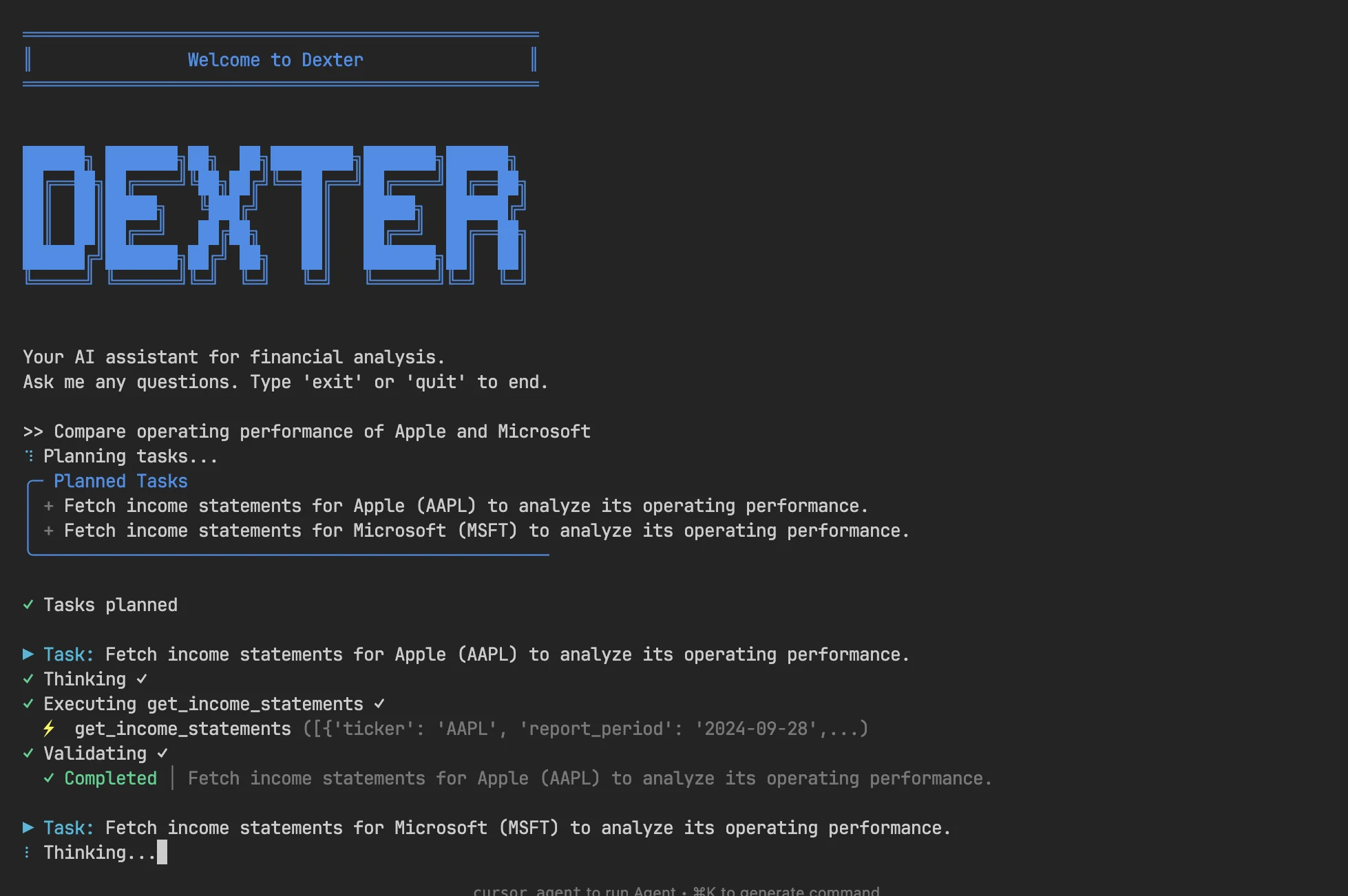Henry Kissinger's final work, "Genesis," has been officially published. Co-authored with former Google CEO Eric Schmidt and Microsoft executive Craig Mundie, the book delivers a serious warning to global audiences about the future coexistence of humans and artificial intelligence.
As a significant publication following Kissinger's centenary, "Genesis" incisively highlights the rapid advancements in artificial intelligence technology and emphasizes the necessity for humanity to prepare for a future where humans may no longer be the dominant species on Earth. The authors underscore that AI has surpassed human capabilities in numerous domains, suggesting that humans might need to explore cutting-edge technologies like bioengineering to prevent becoming inferior appendages to machines.
The book thoroughly examines the relentless pursuit of human-machine integration, particularly focusing on the frontier of brain-computer interface technology. This technology is viewed as pivotal to future technological development and has already garnered substantial attention from the U.S. military.
Meanwhile, the authors express profound concerns about the potential creation of "superhuman" individuals through genetic engineering who could collaborate with artificial intelligence. They warn that the advancement of such technologies could lead to the fragmentation of humanity into distinctly different genetic groups, subsequently triggering a series of social and ethical issues.
Throughout the book, Kissinger, Schmidt, and Mundie collectively stress that before permitting artificial general intelligence to surpass human intelligence, it is imperative to ensure that it aligns with human values. They point out the significant complexity involved in designing machines capable of understanding and adhering to moral, legal, and religious norms across diverse cultures and backgrounds. While the technical challenges are formidable, the philosophical and ethical questions regarding how AI programs can embody human values are even more daunting.
In conclusion, the authors remain hopeful about humanity's future but caution that merely training artificial intelligence to understand humans and expecting it to autonomously respect humanity is an insufficiently proactive strategy for success. They call on the global community to work together to prepare for a harmonious future where artificial intelligence and humans coexist beneficially.








